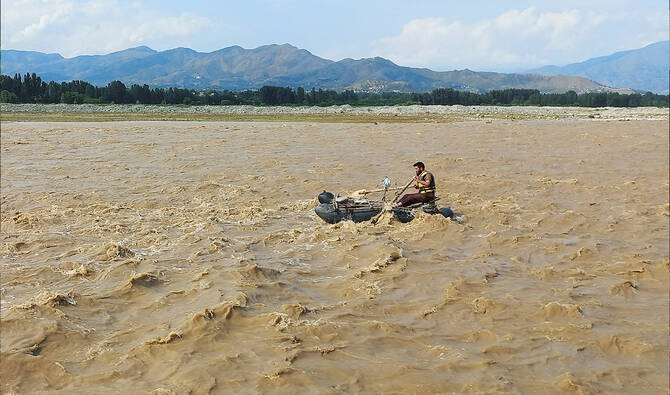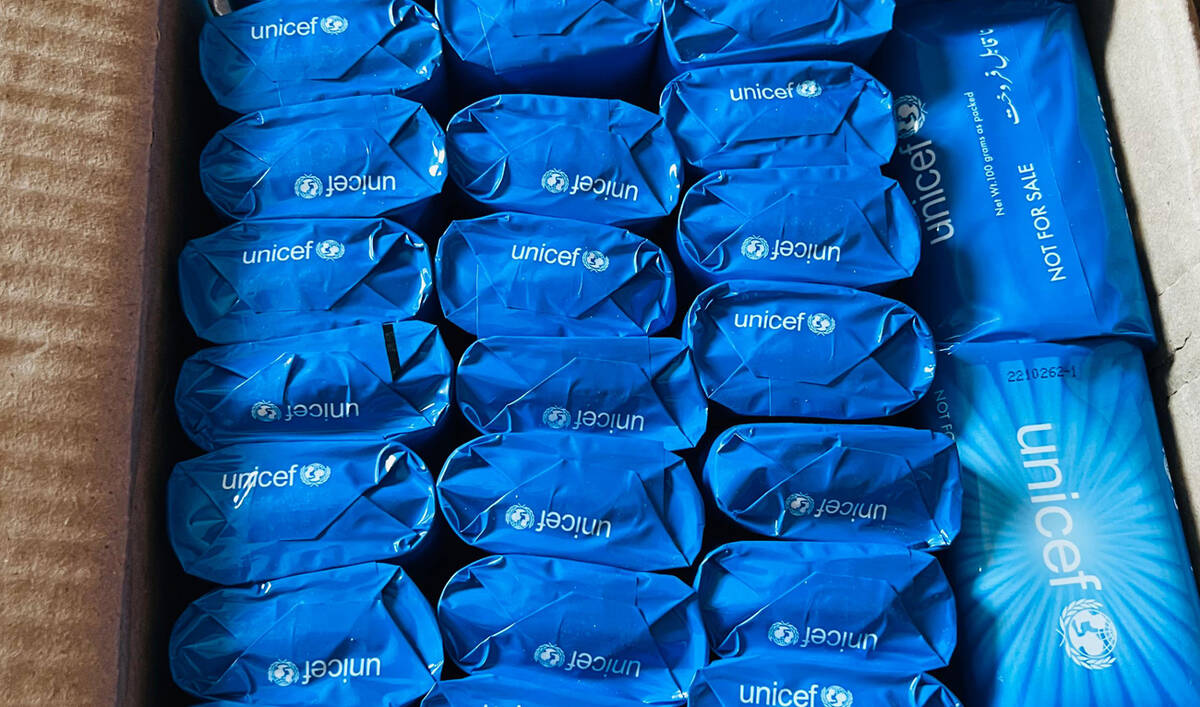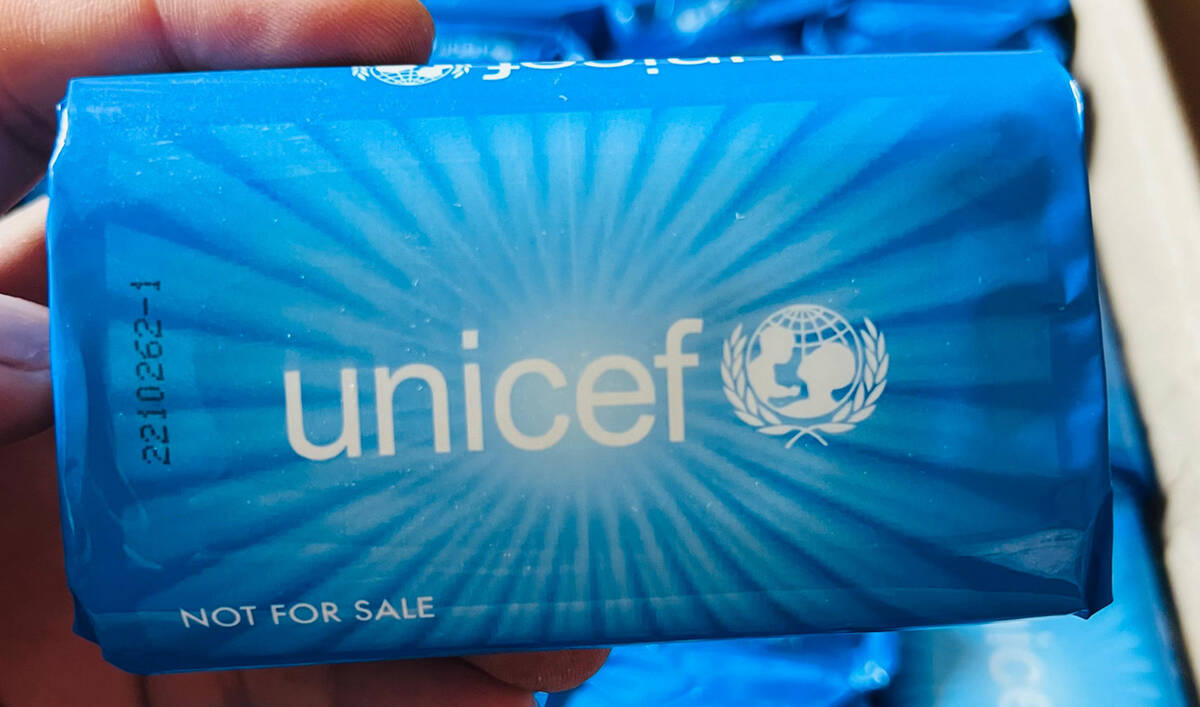KARACHI: Pakistan has recorded the world’s sharpest decline in sovereign default risk over the past year, topping Bloomberg Intelligence’s Global Emerging Market (EM) Rankings for credit risk improvement, according to new data cited by a senior finance official on Saturday.
The data, published by Bloomberg’s research arm, showed that Pakistan’s credit default swap-implied probability of default fell from 59 percent to 47 percent over the past 12 months, a drop of 11 percentage points. The change marks the biggest reduction among tracked emerging markets, outpacing countries like Argentina, Tunisia and Nigeria, as default risk rose in others such as Egypt, Gabon and Turkiye.
Credit default swaps (CDS) are insurance-like financial contracts that allow investors to hedge against the risk of a government failing to repay its debt. Issued and traded by large financial institutions, these contracts pay out in the event of a default. The higher the cost of a CDS, the greater the perceived risk. Bloomberg Intelligence uses CDS pricing to assess a country’s sovereign risk in its Global EM Rankings.
“Pakistan stands out globally as the most improved economy in terms of reduction in sovereign default risk,” said Khurram Schehzad, adviser to the finance minister, in a social media post. “This is a resounding signal to global investors: Pakistan is not only back on the map— it is moving forward with stability, credibility, and reform at its core,” he added.
Bloomberg Intelligence is a highly regarded financial data and media company widely used by global investors, analysts and institutions.
The improvement in Pakistan‚Äôs risk profile comes after the South Asian nation narrowly avoided a sovereign default in 2023. With dwindling reserves and mounting debt repayments, Islamabad secured a short-term bailout from the International Monetary Fund (IMF) with the support of key allies including ∫⁄¡œ…Á«¯, the United Arab Emirates and China.
Since then, Pakistan has undertaken a series of IMF-recommended structural reforms and fiscal adjustments aimed at stabilizing the economy.
Credit rating agencies such as Standard & Poor’s and Fitch have acknowledged the progress with improved outlooks, while the government has prioritized timely debt servicing and macroeconomic discipline.
Schehzad attributed the improved outlook to “macroeconomic stabilization, structural reforms, successful IMF engagement and timely debt repayments,” noting that investor confidence had begun to return.





















